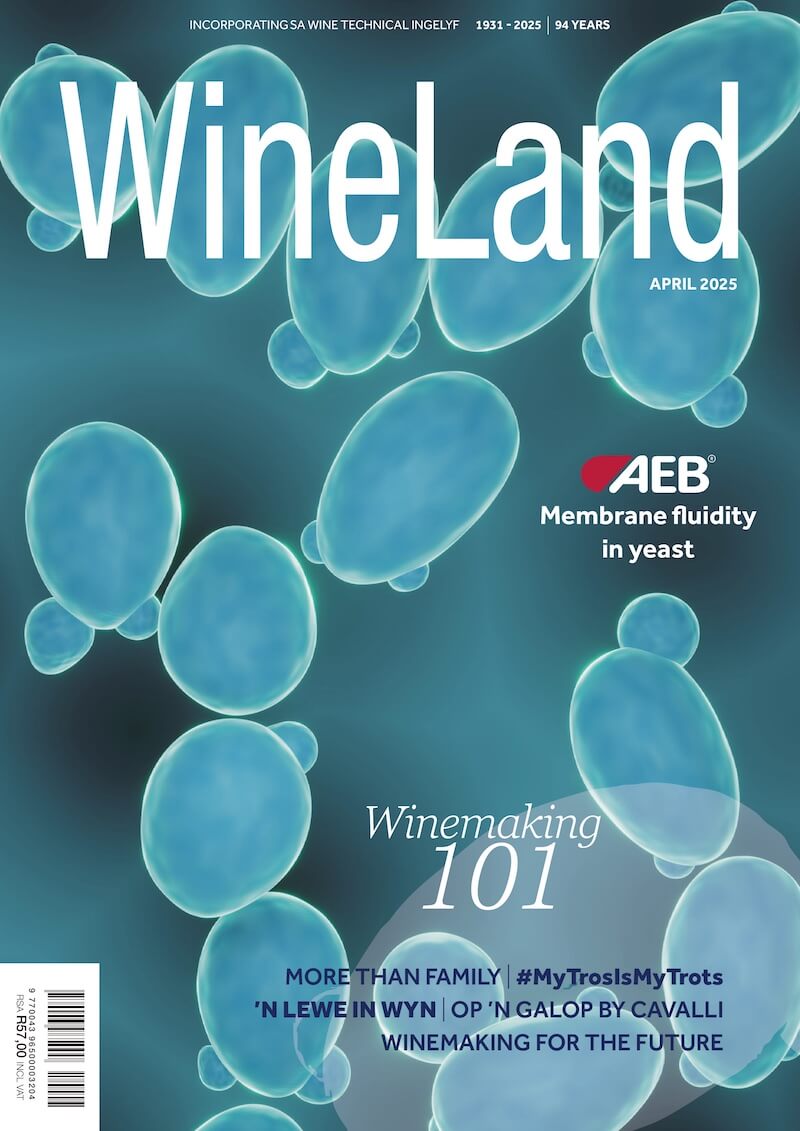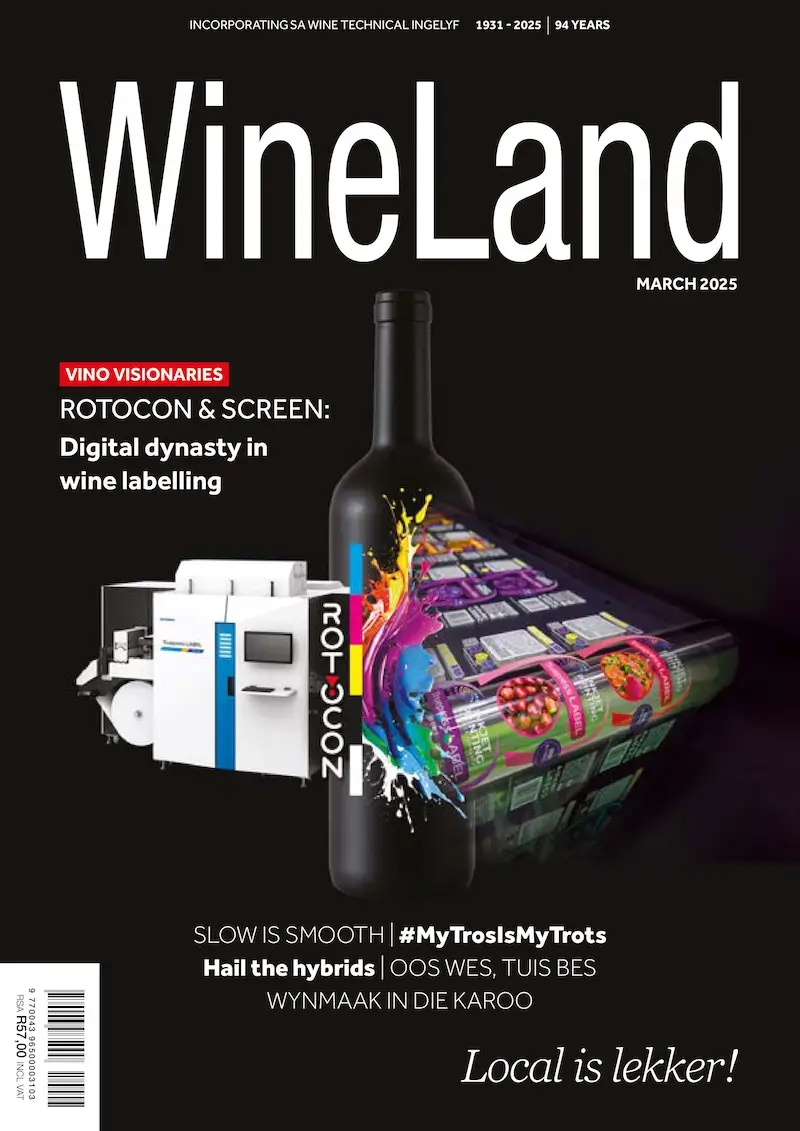Since our previous communication (Update on COVID-19 Lockdown #9 and WoSA Q&A, 9 April 2020) the lockdown period has been extended to 30 April 2020, and we would like to keep all members updated on the latest developments.
1. Lockdown extension – latest status
- The National Coronavirus Command Council (NCCC), after careful consideration of the available evidence, has decided to extend the nationwide lockdown by a further two weeks.
- Ending the lockdown too soon or too abruptly will “risk a massive and uncontrollable resurgence of the disease”. The President indicated that, therefore, most of the existing lockdown measures will remain in force until the end of April 2020.
- In the words of President Ramaphosa, “We all want the economy to come back to life, we want people to return to work, we want our children to go back to school, and we want to be able to move more freely. But our immediate priority must remain to slow the virus and to prevent massive loss of life. We must do this while preventing the economy from collapsing and saving our people from hunger. We are determined to pursue a path that both saves lives and protect livelihoods.”
- Government’s strategy going forward includes an intensified public health response to slow down and reduce infections; a comprehensive package of economic support measures to assist businesses and individuals affected by the pandemic and a programme of increased social support to protect poor and vulnerable households. Read more.
2. Wine exports – application to allow bottling, packaging and related essential services
- The wine industry is extremely grateful for the dispensation by Government to allow the export of wine products within certain restrictions. Whilst this arrangement will assist the industry, it only refers to finished goods currently available, with no bottling, labelling and other critical services allowed. The implication of this is that the industry will within the next 7 days run out of packaged product to export and again be in a position which holds significant financial and employment losses.
- On 8 April 2020 a formal submission was sent to Government where we requested the favourable consideration of allowing the production, packaging and relevant services to facilitate the export of wines, spirits, ciders and other fermented beverages by port, air and road. Exports to South Africa’s neighbouring countries require road transportation and we therefore specifically request that the concession includes movement of goods by land in addition to port and air.
- Included in the submission is a firm undertaking that businesses will implement risk analysis and put in place mitigation practices. This will also extend all the way to the transport from people’s homes.
- Relevant activities and services requested include:
- Permit the production and packing of wine, spirits, ciders and other fermented beverages under strict health and safety measures.
- Permit the transportation of wine, spirits ciders and other fermented beverages between storage and production.
- Collection of empty containers from port or shipping line yards.
- Permit freight forwarders to transport export loads to port on the loading date, and
- Permit freight forwarders to start the logistics export cycle to off load on the loading date.
- Permit the export orders to be loaded onto ships, and
- Permit the ships to depart from port with these orders on board, and
- Authorise current essential services, such as inspection and certification by SAWIS, DTIC and the Department of Agriculture, all of whom have put in place a limited service to the industry during lockdown.
Status:
Acknowledgement of receipt have been received and we are in regular contact with Government and deliberations are taking place.
3. Local market trade – application to trade alcoholic beverages under strict conditions
- Vinpro, SALBA and BASA (Beer Association SA) submitted a joint application to Government on 7 April 2020 to request trade in the off consumption local market sales channels under strict conditions.
- It was pointed out that three particular illicit product trade risks are envisioned if a ban on liquor sales continues under an extended lockdown scenario: (i) illegal manufacture of alcoholic concoctions which could pose serious health risks; (ii) excise tax loss: the sale of finished products non-duty paid via existing illicit operators to retail outlets; and (iii) ‘black market’ price arbitrage: leakage of duty paid liquor products to be sold illegally at higher prices to the public.
- Of utmost concern to our industry is the safety risks associated with consumption of illegal concoctions and the commercial growth of an illicit alcohol network. Collectively these would also pose as a high risk to future excise tax revenue and legal industry sales over the medium to long term.
- Lastly that restrictions considered for an extended lockdown period, should balance both their impact on effectively mitigating health risks and preserving the stability of the legal liquor industry.
Status:
Acknowledgement of receipt have been received and we are in regular contact with government and deliberations are taking place.
Note: While we would like to share some of the details of our submission to government with our members, we remain acutely aware that we may not have all of the answers to the difficult decisions that the National Command Council will have to grapple with. Our democratic South Africa was built on the principles of consulting and engagement to find solutions to some weighty matters and this will stand us in good stead during this time. Ideally, we would be using platforms such as NEDLAC where business, labour and government meet to find solutions to complex economic issues. The submissions made to government was intended to mitigate the health risks while preserving the stability of the legal liquor industry. We want to help and support government in whatever way we can and we hope to continue the engagements with government. Unfortunately the media speculation is not helpful and we would ask you to bear with us at this time.
4. TPT (Transnet port terminals) and importer SOP
The industry is fully aware of the capacity constraints at our main ports and takes full cognisance that this creates significant backlogs for both exports and essential imports. We will in this regard continue to work with the relevant provincial and national government departments to seek an amicable solution to fast track operations where required.
We also include the latest Standard Operating Procedure (SOP) to provide certainty amongst importers by ensuring that all ocean carriers follow the same procedures laid down by the Government when processing import containers and to facilitate the release of containers to importers at the lowest possible cost and minimum time delay. It should be noted that these procedures are intended to be implemented only for the duration of the current COVID-19 State of Disaster. Read the full document.
5. Wine grape farming protocol – essential activities
We have received a number of questions relating to the definition of farm specific essential services that are allowed during the “lock down” period.
- Just to confirm and following from the Government Gazette (20 April 2020), 5 (6) (a) (e) the following was added to the list of essential services: “harvesting and storage activities essential to prevent the wastage of primary agricultural goods.”
- In a further directive (Paragraph 33 of the Gazette Regulation 398, Article 6(e) 33 of Regulation 419, the following is also of relevance to the wine industry: “Critical maintenance services which cannot be delayed for more than 21 days, and are essential to resume operations after the lockdown”. It is our interpretation that these directives not only allows for the completion of the current harvest, but also essential post-harvest activities relevant to the 2021 harvest that cannot be delayed. The Vinpro team created a framework that provides a list of essential activities that may be executed. Read more.
- We would also like to draw your attention to the latest Q&A (Version 3, 9 April 2020 – key areas marked in yellow) of the Department of Agriculture, Western-Cape. Read more.
- The Vinpro team is also working on specific protocol for vine nurseries to ensure that the grafting activities can be conducted.
- Last week WIETA has also shared some information and trust the respective sections can also be of great value. Read more.
6. Economic relief
The current trade limitations on the wine industry (no local and just finished product global trade) and related sectors are already leading to significant financial pressure. This situation is not only limited to the primary grape growing sector, but also much wider from input supplier to support services and will place business viability and job security under pressure and negatively impact on socio-economic environment of rural communities.
The weekly average retail sales value of wine in South Africa is R320 million, with the average free on board (FOB) value of exports R175 million. Over a 5 week lock down period this is close to R2.5 billion in direct gross revenue that is at risk. Furthermore, whilst finished products of bulk and packed can currently be exported, this contributes less than 30% of wine trade in volume.
The short-term symptoms of the above is already evident in trade terms that are extended, only proportionate payment of invoices and even cancellation of contracts and orders. The position will in all likelihood deteriorate in the next few weeks as cash flow pressure mounts. The situation will require material interventions to limit the potential damage on both business and employment level, to prevent significant losses. Interventions will have to include measures to allow for dispensation, extension of payment to recover and reconstruct.
The Vinpro team and other business units are collectively working with additional stakeholders (such as the major financial institutions) on possible solutions that can remedy the situation and we will consult and communicate in this regard.
Please find a link to an AgBiz summary of economic support programmes.
7. Call to support the Stay at Home Campaign
Government has created a national campaign to encourage continued solidarity and collective action to fight the Coronavirus, which they have begun to roll out across the country this week. The campaign encourages people to “Stay Home, Save South Africa”, and they hope that it will reach all the people in their homes through radio, television and print media and in the stores and workplaces that they visit for essential purposes.
Government has requested that this campaign be amplified widely, both to maintain national morale and to encourage South Africans to adhere to public health guidelines. For this reason, they are calling on business, civil society and social partners to display the official campaign symbol in stores and offices, to be distributed to their members, colleagues and employees, and to feature it in any advertising or additional campaigns that they create in the weeks and months to come. Read more.
8. Interesting articles to reflect on …
Given the enormous impact of the Covid-19 pandemic impact on both the global and local wine industry, it is now more than ever important to keep a close eye on the markets and to start managing the uncertainty in the ‘new normal’ that is taking shape.
- Although only for California, this report from Ciatti might guide you going forward. Read more.
- Will current shifts in consumer behaviour permanently disrupt the beverage alcohol industry? Read more in the latest ISWR Market Analysis.
- The impact of the coronavirus in food and agribusiness by Marcos Fava Neves.
We undertake to communicate any further developments as they unfold.
ENQUIRIES:
Vinpro
info@vinpro.co.za
WoSA
maryna@wosa.co.za
SALBA
kmoore@salba.co.za













